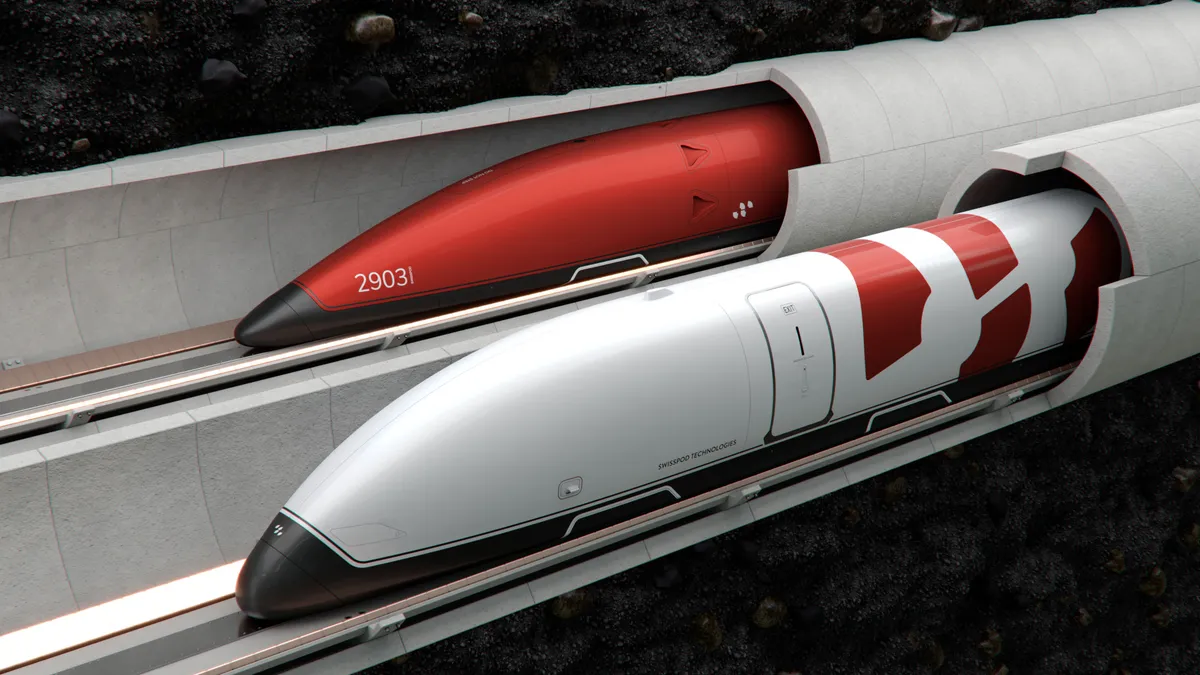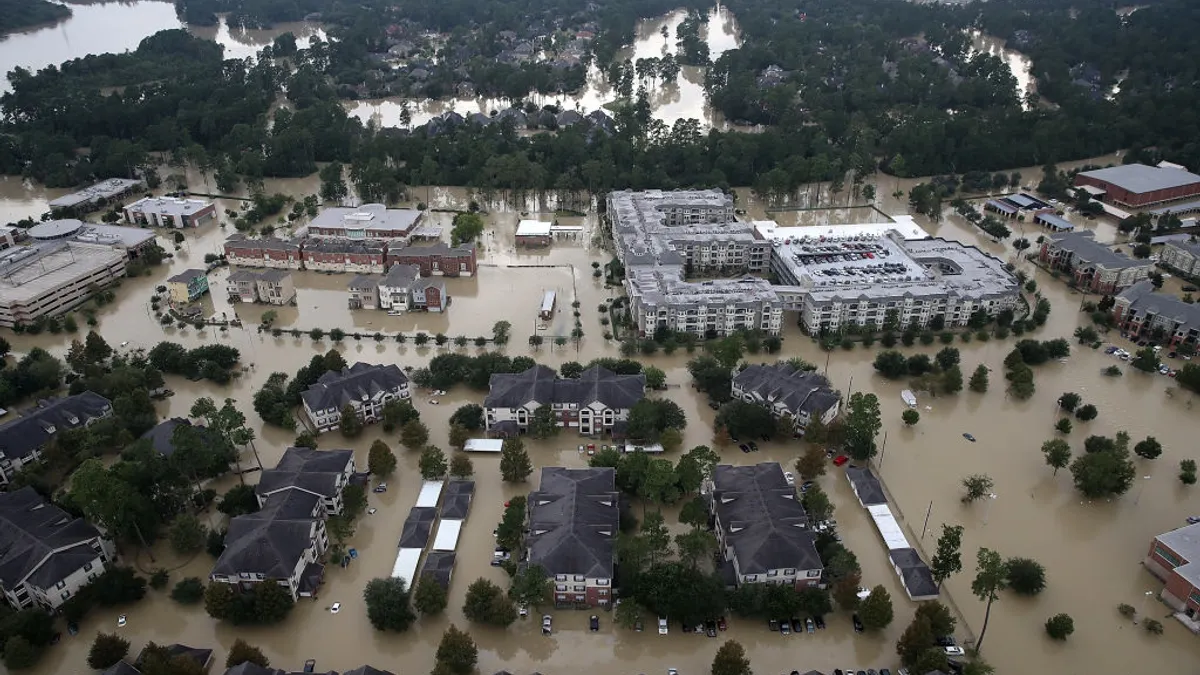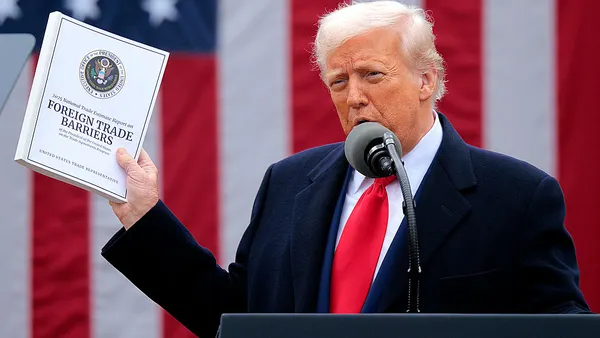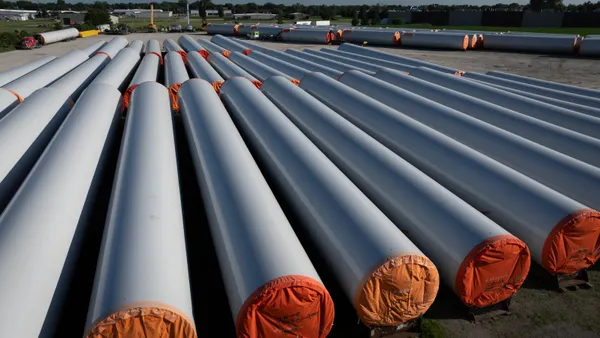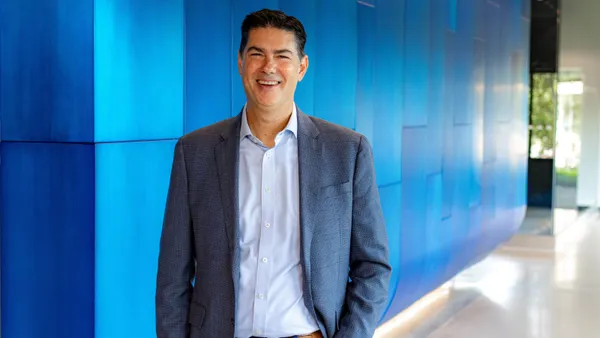Dive Brief:
- A Swiss-American transportation technology company has announced it will build a new hyperloop test track in the U.S., according to a press release.
- Swisspod will test new technology using its unique propulsion system and build a full-scale capsule and operational infrastructure for cargo transportation, according to the release.
- Hyperloop has been touted by public transit aficionados and tech moguls such as Elon Musk. Hyperloop trains can theoretically travel up to 760 miles per hour, faster than a Boeing 747, according to Business Insider.
Dive Insight:
Swisspod constructed Europe's first operational test track in July, according to a Swisspod release, and its move to the U.S. signals more growth for the company. Additionally, competitor Virgin Hyperloop One conducted a test of its system with human passengers in 2020 at its DevLoop test track in Las Vegas, according to The Verge, the first test of its kind in the world. Virgin Hyperloop is also planning to build a certification center in West Virginia, with construction expected to begin this year.
The Colorado test track will be located at PuebloPlex, a 15,000-acre business and industry complex located 15 miles from Pueblo, Colorado. In April, TTCI announced that it was partnering with the Pueblo Economic Development Corporation (PEDCO) to develop a dedicated engineering and laboratory facility, which will be heavily involved in the hyperloop testing, according to a TTCI April release.
"The partnership with Swisspod extends that legacy and solidifies our place as transportation innovators. Maintaining our thriving, future-forward research base is a top priority that pays countless dividends across our community," Jeff Shaw, the CEO of PEDCO, said in the TTCI-hyperloop press release.
Hyperloop has enjoyed a healthy amount of speculation and support across the U.S., including in areas that aren't often seen as technological hubs. In 2018, a research paper released by Virgin Hyperloop One found that a hyperloop track connecting the Missouri cities of St. Louis, Columbia and Kansas City would be both safe and feasible. The study, performed by engineering consulting firm Black & Veatch, analyzed a route along I-70, connecting the three cities.
Also in the mix are routes between other major cities in the U.S., such as Musk's "verbal" go-ahead from the government to dig a tunnel from New York to Washington, D.C.
Hyperloop has also received something that's pretty striking in today's political environment: bipartisan support. Lawmakers in 2019 praised hyperloop for its cost-effectiveness and its ability to create "tremendous economic returns" for cities it services. Congress also included hyperloop under the Federal Railroad Administration in July 2020, making it eligible for government funding, according to CNBC.



